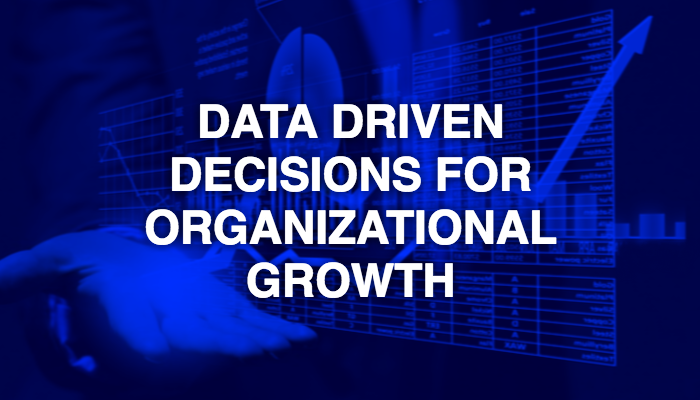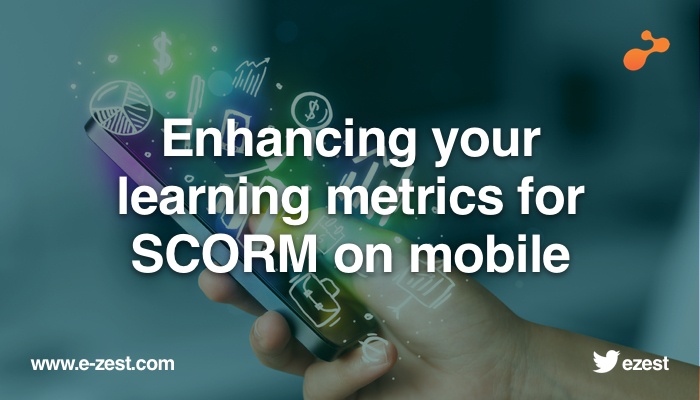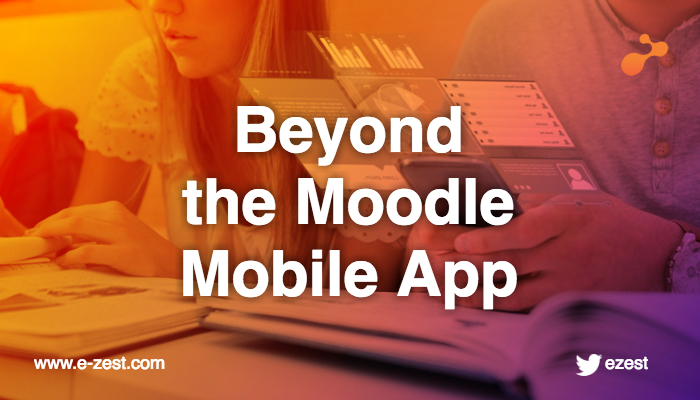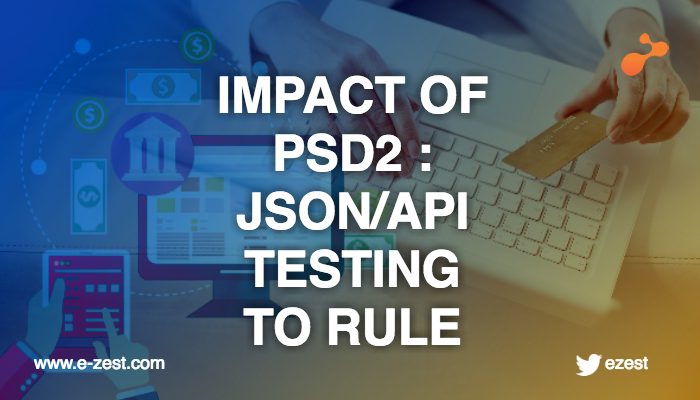
A robust growth in opportunities to collect and leverage digital knowledge and information has led enterprises to change their decision-making process. They have come to rely more on data and less on their intuition, like earlier days. Managers at different levels are consuming data and analytical output in numerous ways. Most of the enterprises today attribute their success to the use of databases and cutting-edge analytical tools.
Entrepreneurs need to open their eyes to data’s endless possibilities. It is important to, first, have a goal in mind prior to data collection. Therefore, one must always have a clear analytical objective. What is it you want to achieve? Do you want to assess an opportunity? The clearer your end objective is, the more rewarding your analysis would be.
Data-driven decisions are very helpful as they help you to deal with enormous amounts of data with precision and are quite time-saving. They serve as backups of information, in case any of your outputs seem misleading. They help in deriving better insights also.
Today, data-driven decisions are mainly driven by factors, namely:
- Improved customer experience
- Identifying new opportunities
- More accurate attribution
How to build a successful strategy for data-driven decisions?
As enticing as data-driven-decision making might seem, there are a few supportive capabilities that firms must possess in order to fully exploit the benefits of data and analytics. First, enterprises must be able to identify, combine, and manage multiple sources of data. They must also have the capability to build advanced-analytics models for predicting and optimizing outcomes.
Besides these, another very important aspect is that the management must possess the efficiency to transform the organization so that the data and models actually yield better decisions. For this, an enterprise must possess a clear strategy to use data and analytics to compete and the deployment of the right technology architecture and capabilities.
- Choose the right data
- Build appropriate models to optimize business outcomes
- Transform companies’ capabilities
However, it is always advisable to concentrate on targeted efforts to source data, build models, and transform the organizational culture. These efforts help in maintaining flexibility. This is essential as the information along with the technology will keep on growing and changing, while yielding new opportunities. As more and more firms learn the core skills of using big data, building superior capabilities will become a decisive competitive asset.





